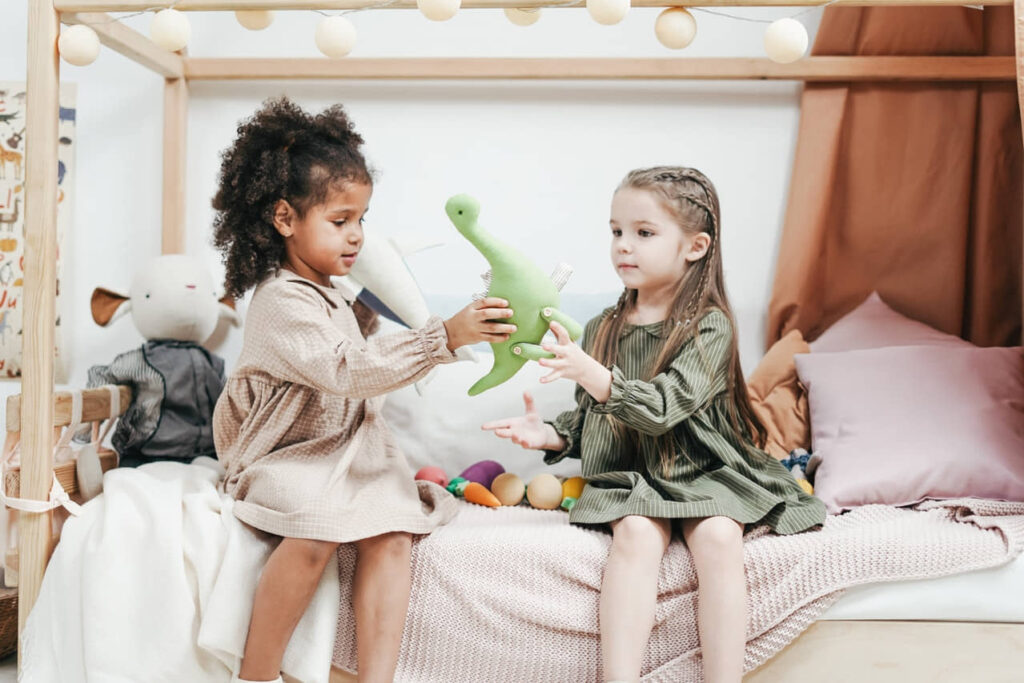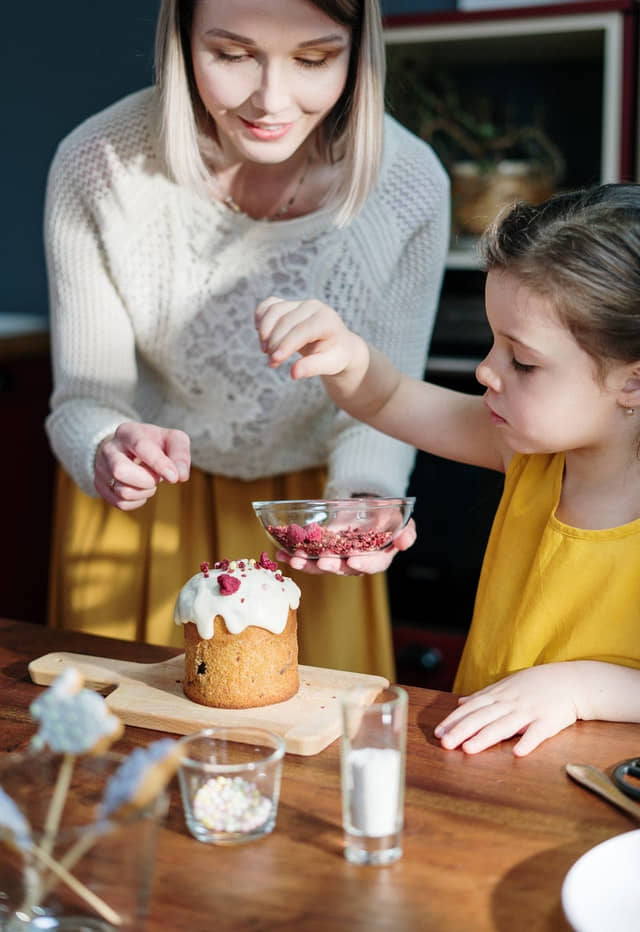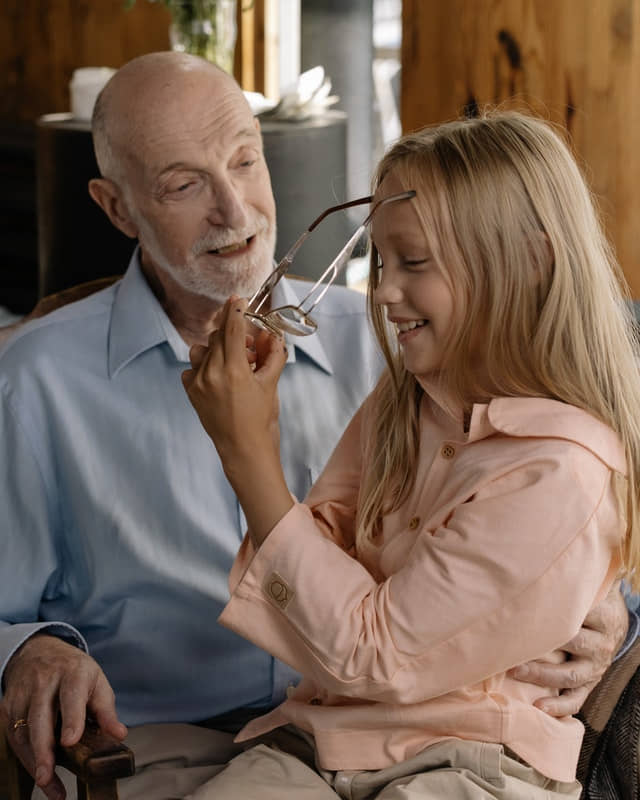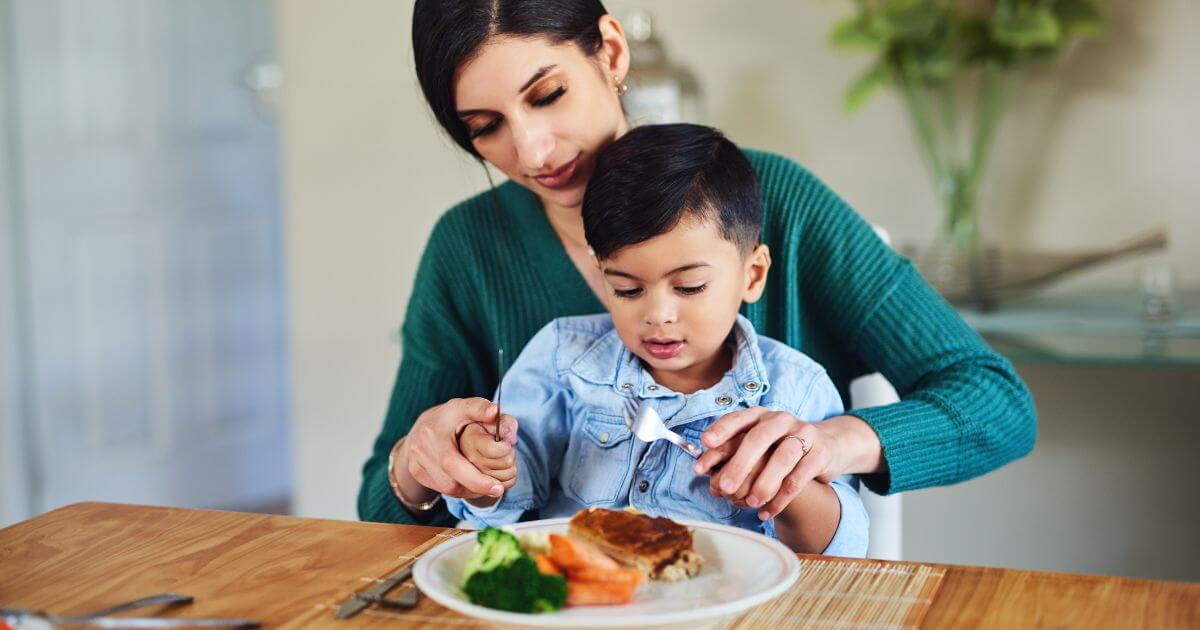From the moment they are born, children start learning various things from their surroundings. This might sound very surprising to you, but it is true!
Your innocent and adorable child keeps learning continuously from everything he/she sees, hears, and experiences, even though you might not realize it.
Since everything they see around them influences them, as parents we need to be extra careful about teaching them the right things and good manners for kids from an early age.
Why Should We Teach Manners to Children?
Some of the most important things we can teach our children are good habits and good manners.
Children with good manners and behavior have a positive impact on people around them, in their homes, school, and other places they visit. They are likable, and confident, and can have good relationships with people of all types.
This makes it super easy for them to build great friendships and long-lasting social connections. This in turn opens the doors of opportunities in front of them more often.
Some Essential Good Manners for Kids
Good manners are important in any setting, but they are especially crucial when you’re a kid. Kids who know how to behave politely and with respect are more likely to be successful in life. Teaching your children good manners is a task that should start early and be reinforced often. There are many ways to instill good manners in your children, but the most important thing is to be consistent.
Here are some of the good manners that you can instruct your child.
1. Respecting elders
In many cultures around the world, it is customary to respect elders. This means that people who are older than others in the community are given a higher level of respect than those who are younger. Respect for elders is also seen as a duty of the young to maintain, preserve and strengthen the elderly’s welfare. The special relationship between an elder and a child could be broken if the child does not show respect to their elders.
Respecting elders can teach children important values such as kindness, humility, and respect. It can also help them develop strong relationships with their elders, which can be beneficial both socially and emotionally.

Some of the ways in which you can teach your child to respect elders are to serve food to elders before you serve it to your child and give your seat to elder people on the bus/train while your child is watching. When the child watches you do this for many days, he/she will understand that this is a good thing to do and pick it up as a habit.
2. Treat others with respect
The children should be taught that they should always treat others with kindness and respect, especially those who are older or have a higher position in society.
- They must always be polite when they are speaking to others. This includes saying “please” and “thank you”. It will show that they care about others and makes them feel appreciated.
- If they want something, they must ask politely instead of being demanding or rude.
- Show respect for others, even if you don’t agree with them.
- They must also respect everyone else’s time by arriving on time for everything. This will ensure that no one else will be kept waiting for them unnecessarily.
3. Share with others
For children to develop a sense of empathy and caring for others, they must be taught the value of sharing. Sharing not only provides children with a sense of community but also teaches them how to cooperate and helps them learn about the value of giving.
When children share, they learn to think about others before themselves, which is a valuable lesson that will stay with them throughout their lives.

A wonderful way to teach this quality to your children is to make them share their toys while playing with their friends or siblings. It is important that your children observe the rules of taking turns when playing with others. They should never be allowed to hog the toys or use them as a weapon against their friends.
This will make sharing things a habit for them, and they will in fact find it to be a lot of fun.
Need some inspiration about the games your child can play with others? Here are 10 engaging indoor activities for kids that will keep your child busy.
4. Helping others
Children are naturally caring and helpful, but they don’t always know how to show it. They need to be taught the value of helping others in many different situations for them to develop a sense of community and compassion. This is an important part of the socialization process and helps develop a child’s sense of responsibility.
If you don’t teach your children how to help others, in the future they will learn by example. This can be a problem when they are older, and you may find that they have become too self-centered or arrogant.
5. Helping with household work
It’s a clever idea to include your children in helping you around the house and yard. This is an excellent way for them to learn how to help others, as well as practice their social skills.
That said, there is a time and place for helping with chores. If your child is in the initial stages of learning about responsibility, then you can help them learn to be responsible for their own work. If your child is in their early teens, you can start to let them do more yard work.
This will help them to develop a sense of independence, but it also gives them a chance to learn about responsibility. They’ll also have more time to explore the outside of the house, which can help them to learn about their environment and make new friends.

It’s important to remember that your child isn’t going to be able to do everything on their own. You’ll still need to help them with simple tasks, such as cutting a tomato in half, but you should allow your child to take more responsibility.
6. Establishing Eye contact while talking
Eye contact is an important part of communication, and it can be especially important when talking with someone. Establishing eye contact shows that you are paying attention to the person you are talking to, and it can help you to better understand what the other person is saying. It can also help to create a connection with the other person. However, you should not stare at the other person for too long, as this can be seen as creepy or intimidating.
Making eye contact with others while having a conversation indicates self-confidence within a person. You can teach this to your child by practicing eye contact with them while having a conversation. If your child learns this habit, he/she will grow up having a good social relationships with people.
Tell your child that the best way to make eye contact is to look at the person’s eyes by looking directly into their eyes. You can also make eye contact with a person by making eye contact with their forehead or chin.
However, ensure that your child knows that it is okay to look away from someone who is making them uncomfortable with their behavior or harassing them. This will keep them safe from unwanted attention and harm.
7. Asking before taking anything
Your children should get permission before taking anything that does not belong to them, even if they are taking it from a family member. They should also return the borrowed item on time and thank the person they took it from. This will go a long way towards making others always willing to share things with them.
8. Helping those in need
In today’s world, it is important for children to help those who are in need and those who are less fortunate than them. This not only helps the community but also teaches children about empathy and compassion.

There are many ways that children can help those who are in need, such as volunteering at a local school or homeless shelter, raising money for charity events, or spending time in a home for the elderly.
Children can also help older people with simple tasks such as cleaning their homes and helping them to do errands. They can also provide companionship for older people who are lonely or need someone to talk to.
By helping others, children learn that they can make a difference in the world and that everyone has something to offer. Children should be encouraged to give back to their communities as much as possible.
9. Accepting responsibility for their own actions
The children should be taught that they are responsible for everything that happens to them, including the consequences of their actions. – They must accept responsibility for their own actions and learn from the mistakes that they make to avoid repeating them again. – It is necessary to give them the opportunity to understand that they are not responsible for mistakes made by others. When they do wrong, they should be punished, but no one should blame them for what others do.
10. Not being a Bully
Bullying is a major problem in schools these days, and it is important to teach your child not to tease or bully other children, or even adults. No one wants their child to be a bully, but many parents don’t know how to properly ensure that their child does not turn into one.

To teach your child not to be a bully, you need to start with the basics. Explain what bullying is and why it’s wrong. Show your child how to treat others with respect and kindness. Teach them how to stand up for themselves and others who may be bullied. Let them know that they must walk away from fights and disagreements and never use violence or threats to get what they want.
If your child is a victim of bullying, remember that it’s not their fault. Tell them that they should stand up for themselves and not allow anyone to make them feel bad about themselves.
Teaching these good manners to your child is necessary. It will help them have a good relationship with others and make them more likable. Plus, it’s the polite thing to do! So be sure to model good manners to your kids and start early – it will benefit them for the rest of their lives.
Remember, it is never too early to start teaching your child manners, and with a little bit of patience and encouragement, they will soon absorb these habits. So, be sure to start instilling these manners early on, and make your child grow up into a well-rounded individual.






Leave a Reply